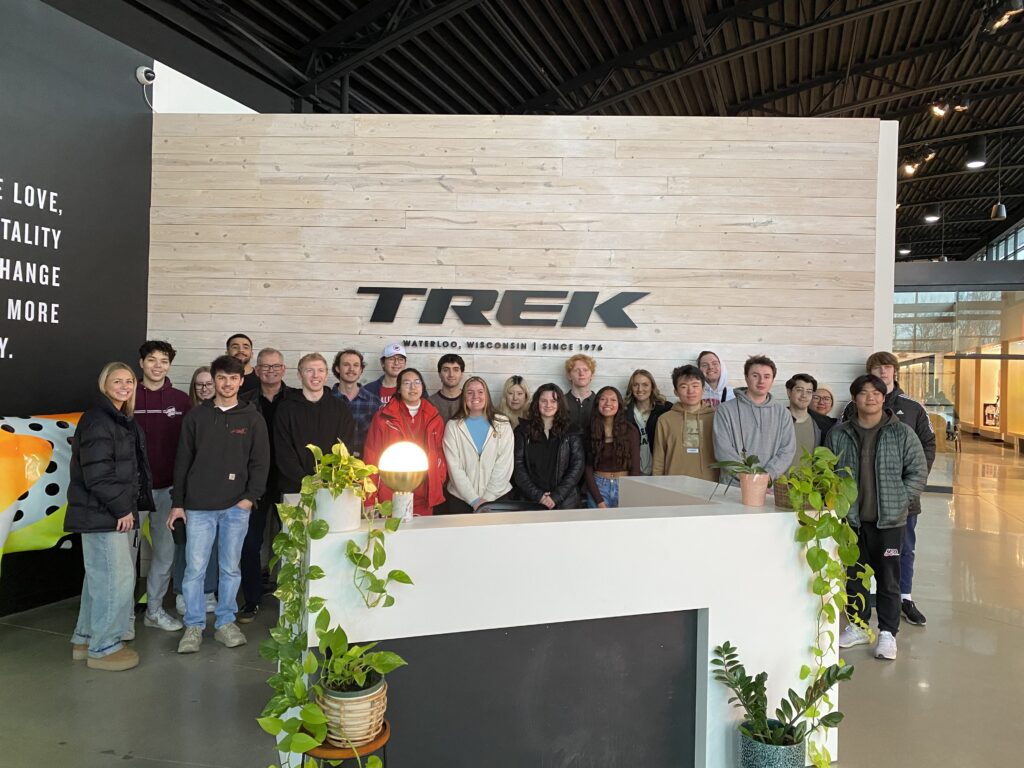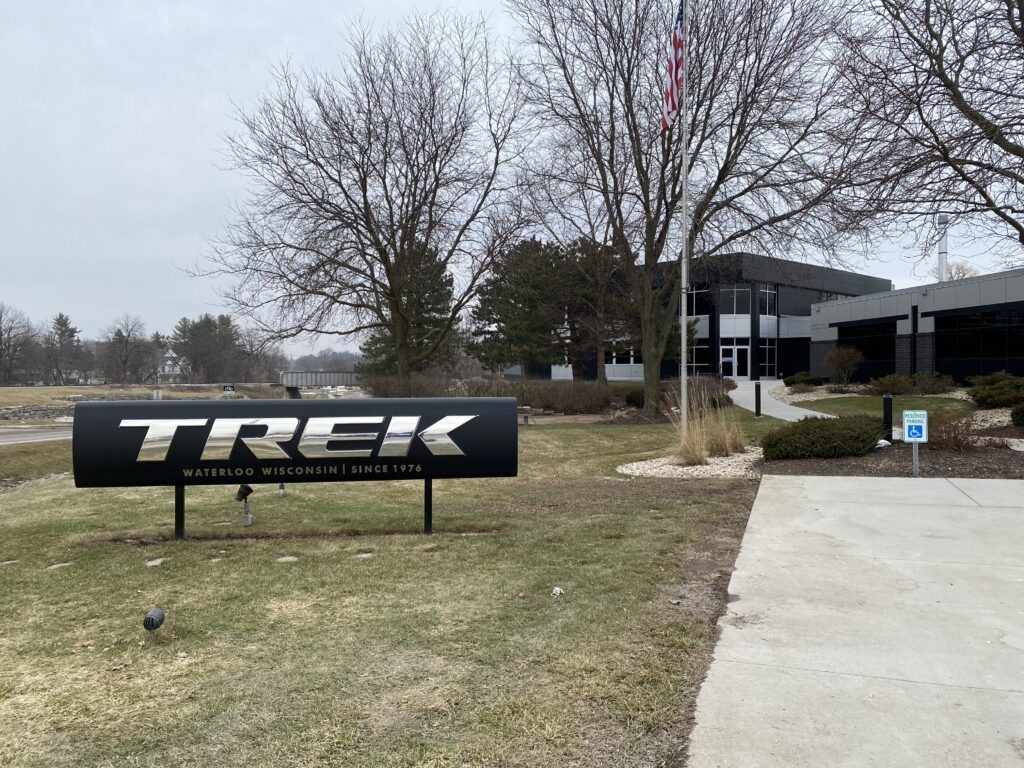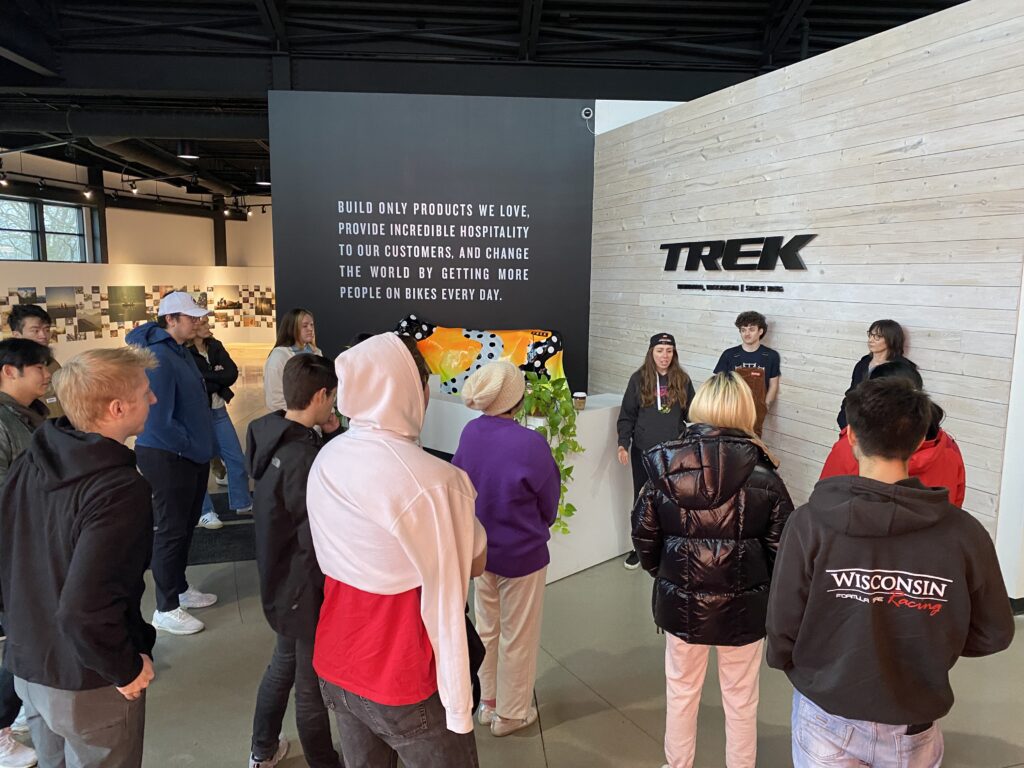
GEOG 302: Economic Geography, taught by Professor Kris Olds, is not your typical college course. It began as a traditional class aimed at exploring the geographical dimensions of the global economy via lectures but has since transformed into something wholly different. Prof. Olds moved away from the conventional lecture-based course model and embraced a more workshop-oriented one in which students take an active role in studying a local economic-geographic issue and collectively produce a final project intended to educate stakeholders. The first time Prof. Olds adopted this model was in 2003. The class sought to analyze why Madison had no public swimming pools and what cities could serve as models for Madison’s effort to build one. The course culminated in a report for City of Madison officials that included recommendations for addressing the issue, suggestions that eventually factored into the development of Goodman Pool on Olin Avenue which opened in 2006.
Prof. Olds has offered the course several times over the years, and each time the class topic has been different. For example, one class worked with UW-Madison Housing to study innovations in student housing development, while another researched the Bus Rapid Transit initiative for the City of Madison. While course topics have changed, the workshop model of students collectively studying a local economic-geographic issue and producing a final project aimed at helping stakeholders has remained constant. Additional course mainstays include field trips as well as guest lectures by and communication with project stakeholders, such as university and city officials. All of which make GEOG 302 a unique course.

For this year’s project, the class is investigating global production networks through the lens of the cycling industry. To give the students a tangible, local perspective, the investigation is being done with inspiration from the Trek Bicycle Corporation in Waterloo, Wisconsin. Trek is one of the leading bicycle manufacturers worldwide and they are interwoven in a large network of production and distribution that spans across several continents. Given this scope, the students have a wide range of topics to research and explore. These topics include the globalization of the cycling industry, trade, the sourcing of bicycle components, Trek as a company and as a brand, the future of cycling geographies (including e-bikes), and corporate social responsibility. Students are delving into these topics in small groups and creating a slide deck/final report with research and visuals that encompass the ins and outs of the global production networks related to cycling.

Adding another layer to the unique, hands-on experience this class provides is the addition of field trips and guest speakers. In February, the students took a guided tour of the Trek facility in Waterloo where they were able to chat with bicycle designers, marketing specialists, and the head of the bike racing division. This was truly a treat for the students, as tours of the Trek facility are few and far between. Additionally, students have had the opportunity to talk with economic geographers and research specialists over the course of the semester, including Professor Neil Coe from the University of Sydney, Professor Glen Norcliffe from York University, and UW-Madison librarians. These guests provide students the essential building blocks to create a successful research project.
Students appreciate the independence and research opportunities that this class offers in comparison to other classes on campus. “I like that the class is run like a real business research group, and how we are able to work at our own pace with independence” comments student Maddox Hrabosky. This is exactly what Professor Olds had in mind when creating this class; an environment where students can learn how to collaborate, do business-like research, and seek out resources.
More articles on this course: https://ls.wisc.edu/news/wolff-fellowship-awarded-to-exceptional-graduate



